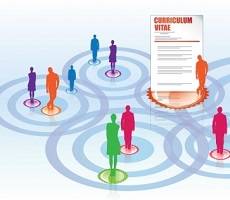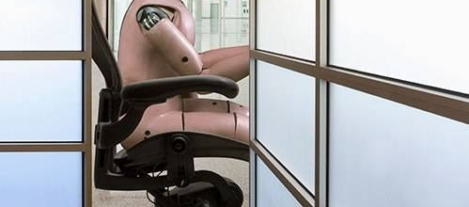November 12, 2015
Workers say regular wellness reviews would help improve productivity 0
Over half of UK employees are struggling to make long-term changes to their lifestyles, but believe they could adopt healthier practices with more help from their employers, new research by Bupa claims. In the study of 2,000 UK employees, 52 percent admitted that their changes generally last no longer than a few weeks, and just 7 percent have been completely successful. But more than 85 percent of employees believe they would be more productive if they were able to stick to positive lifestyle changes in the long-term, two in five (44 percent) would love their work to help them make positive changes to their lifestyle and half (48 percent) say a regular wellness review would help with this. The research showed that three quarters of employees (73 percent) have chosen to change their lifestyle to feel more physically healthy, with nearly half (46 percent) changing to improve mental health.




































November 12, 2015
The three workplace professions need to face up to a new reality 0
by Mark Eltringham • Comment, Facilities management, Technology, Workplace
(more…)